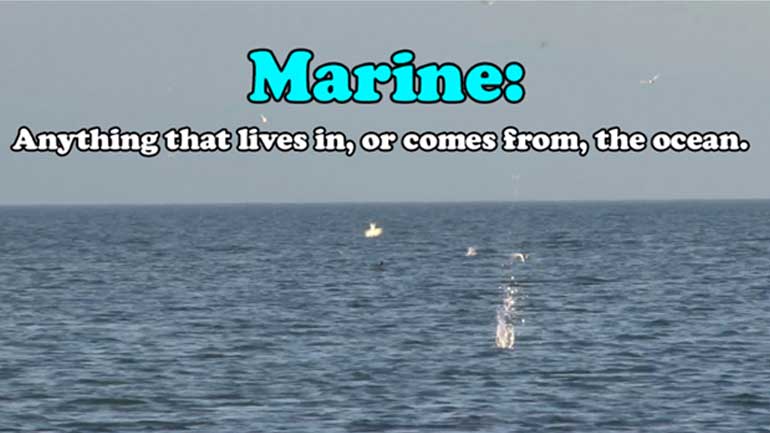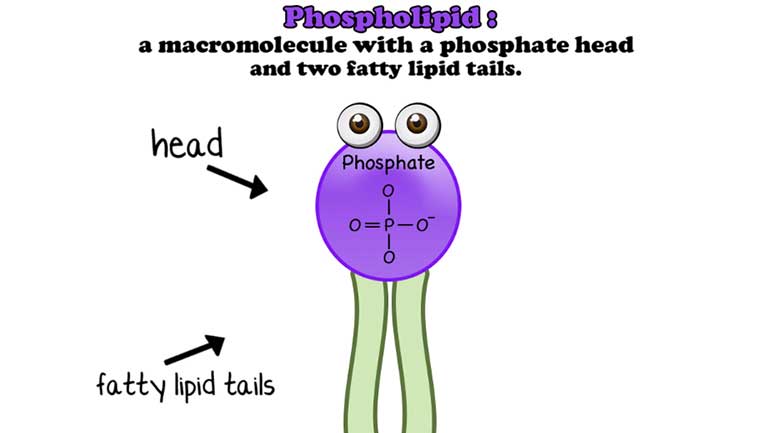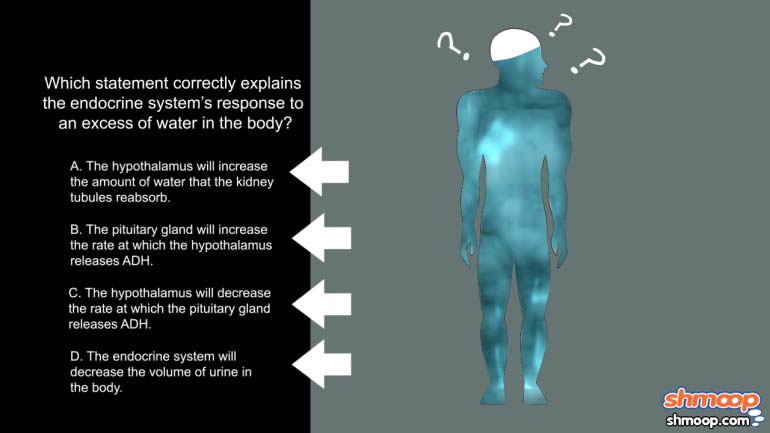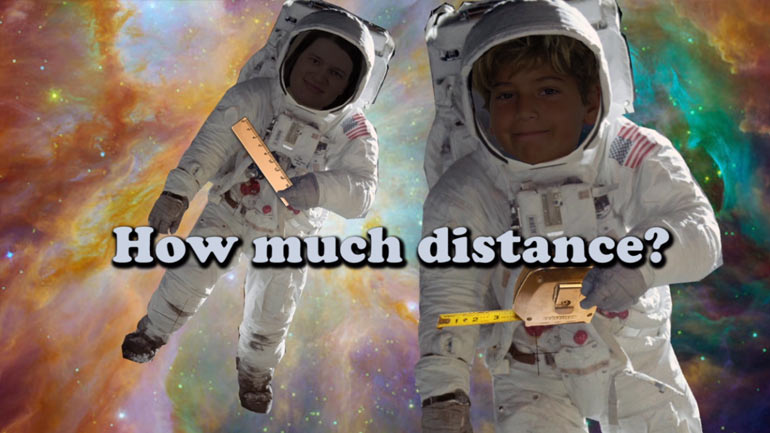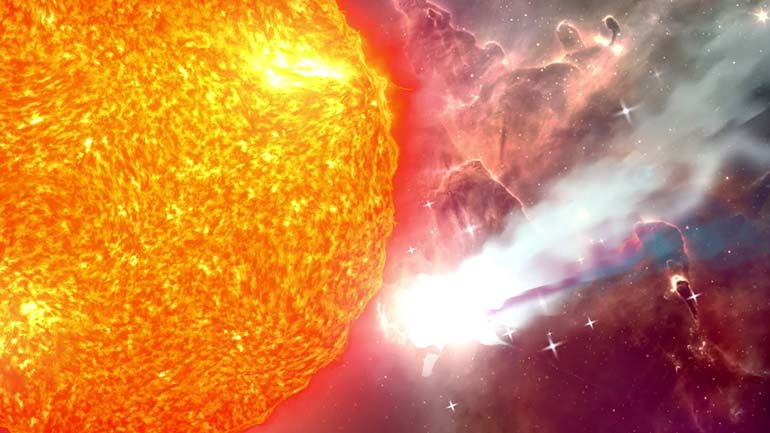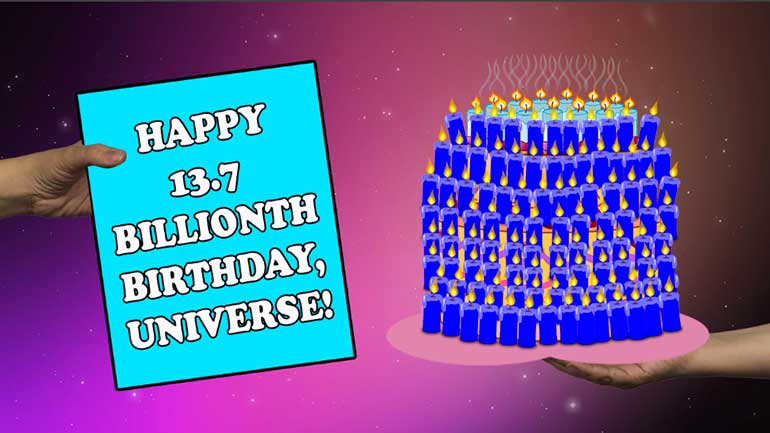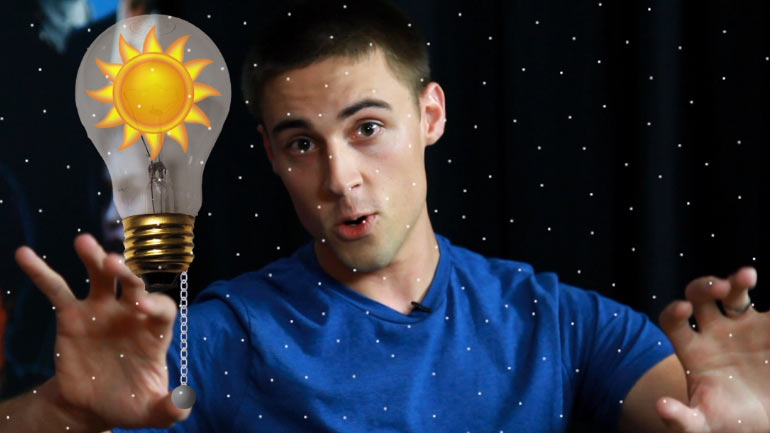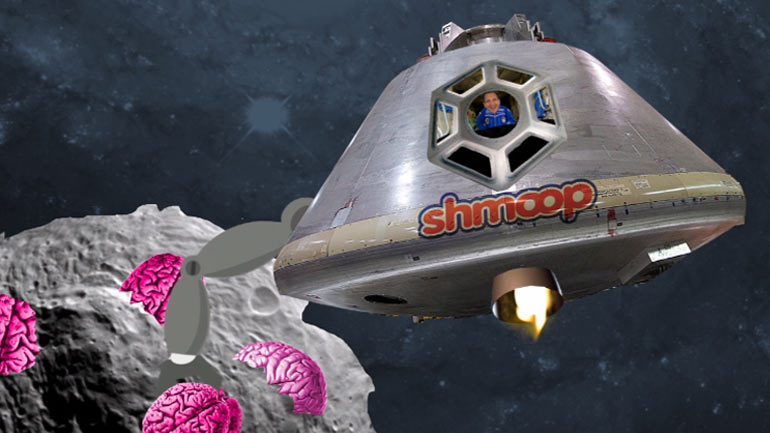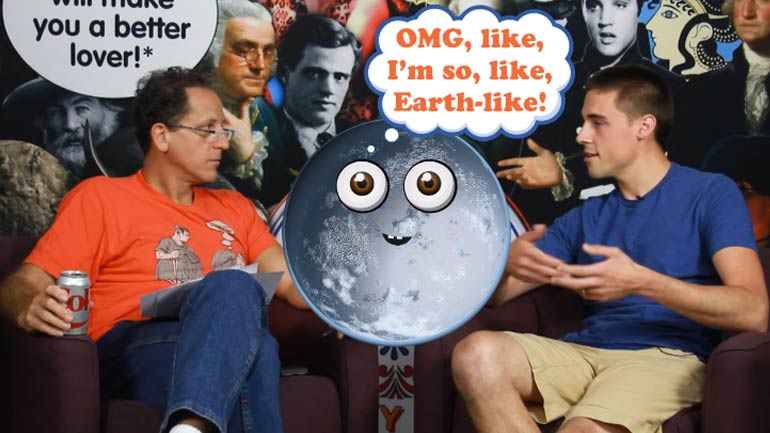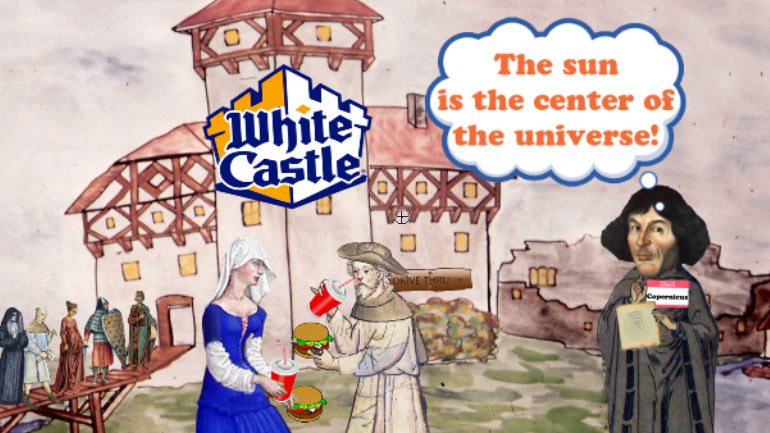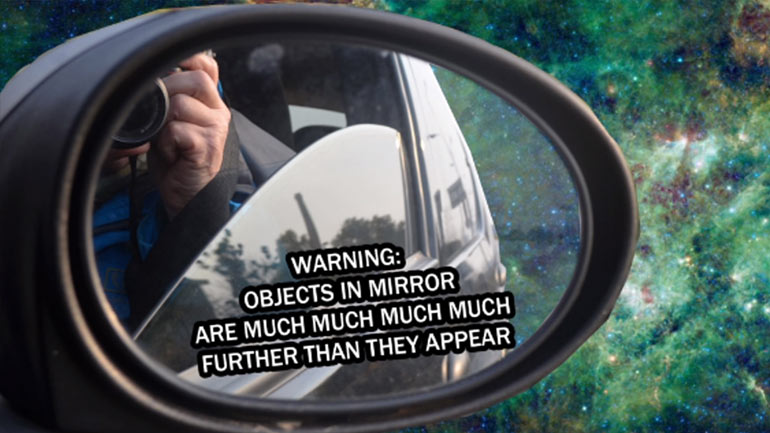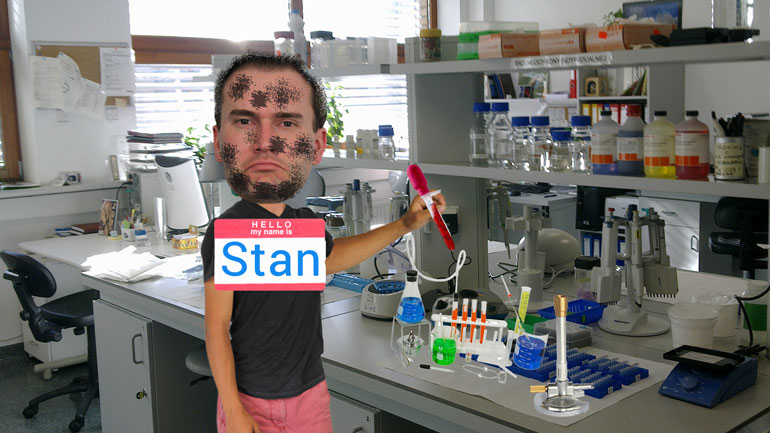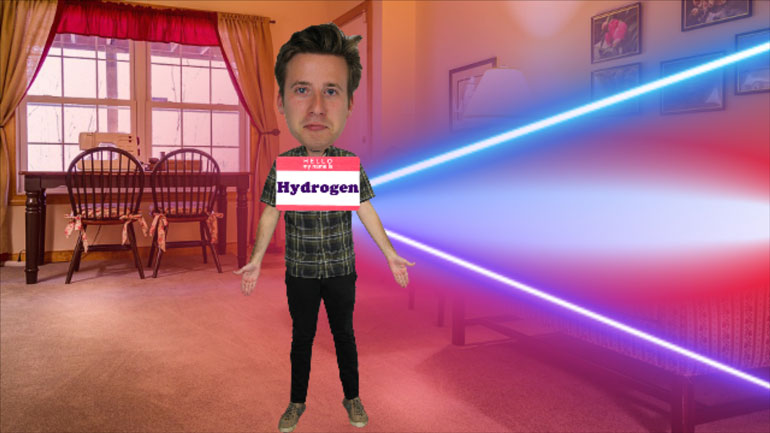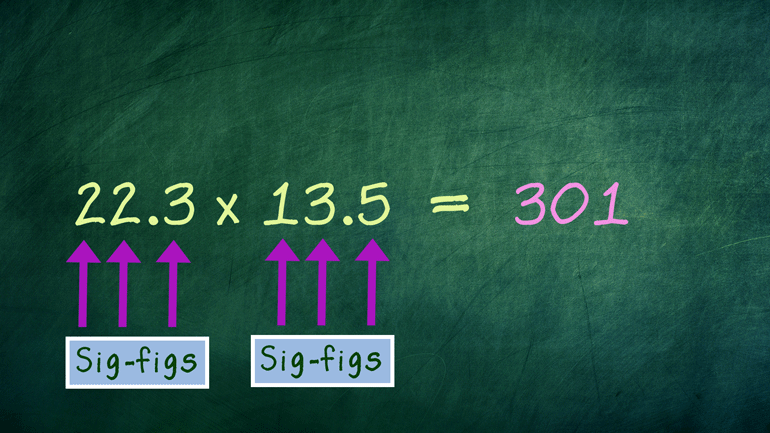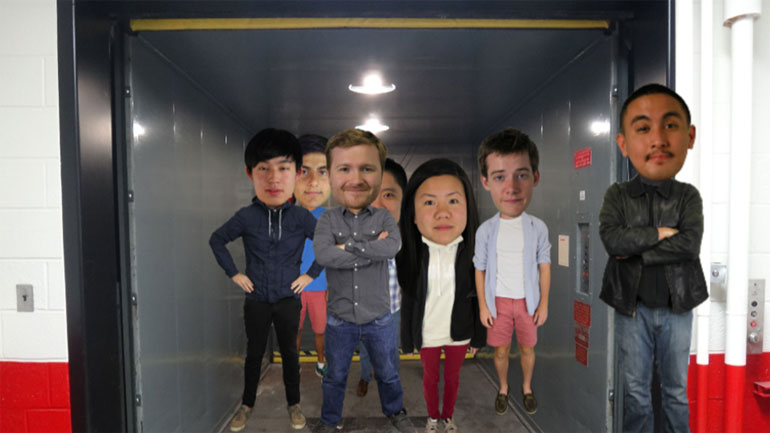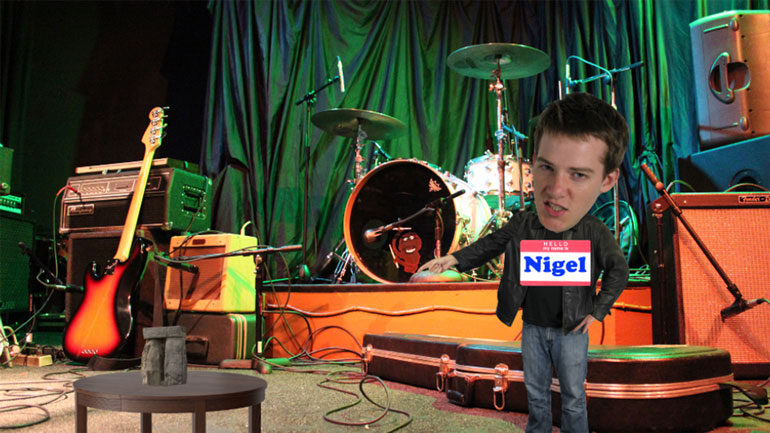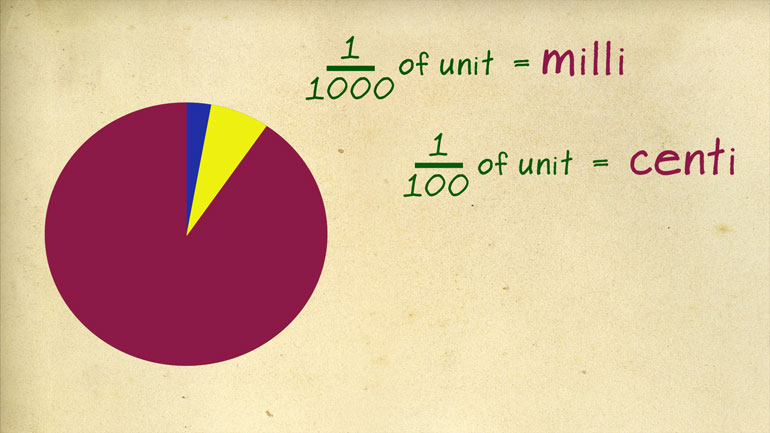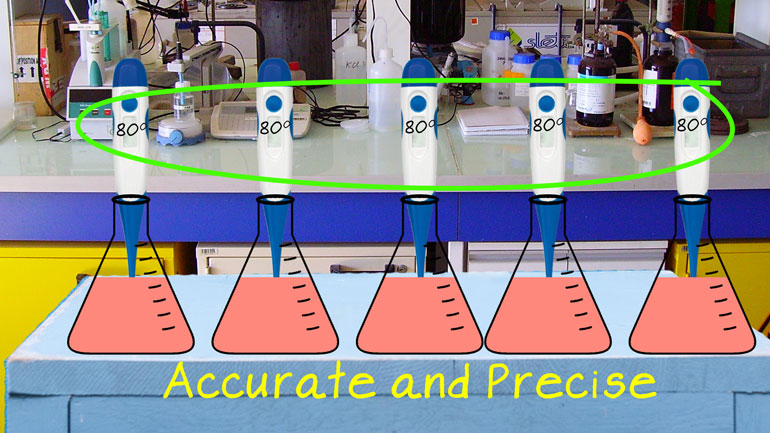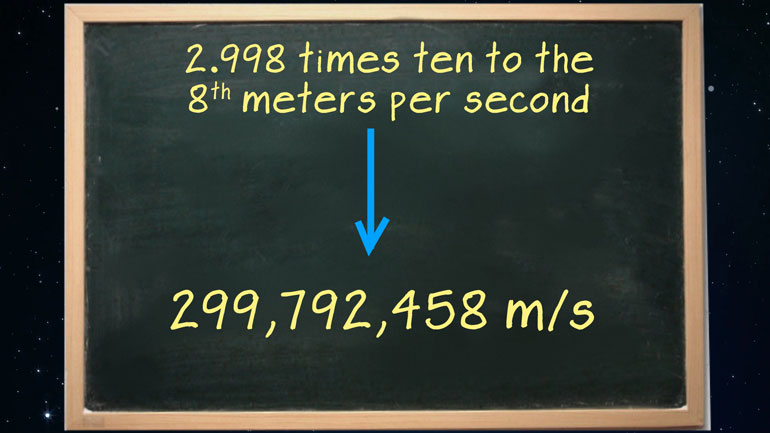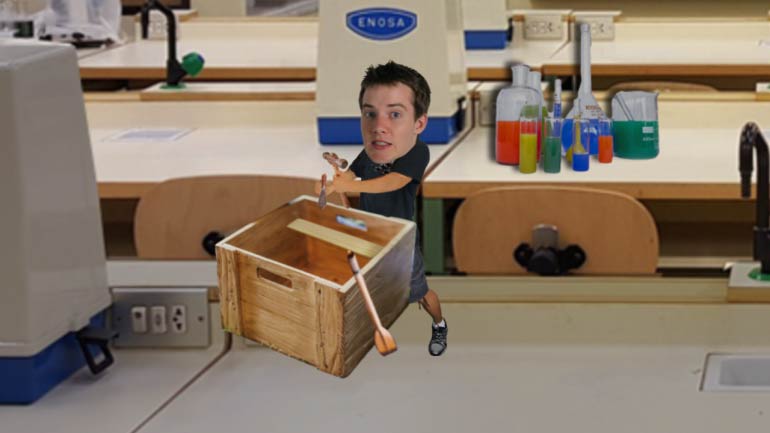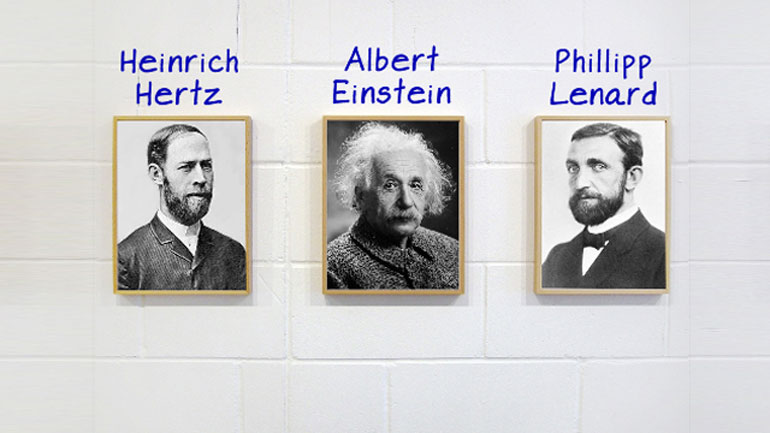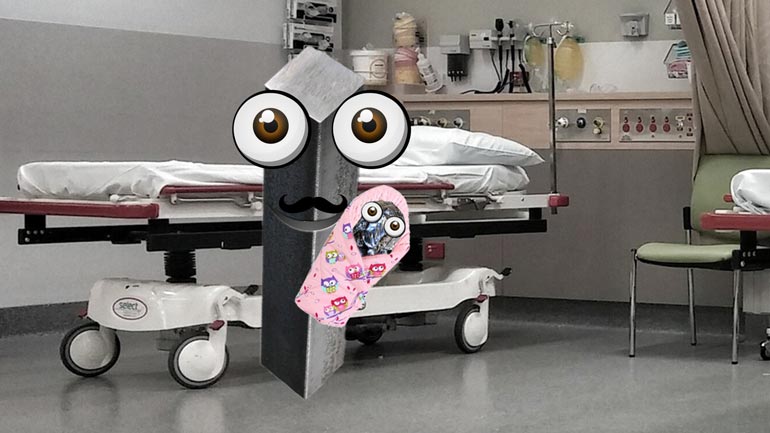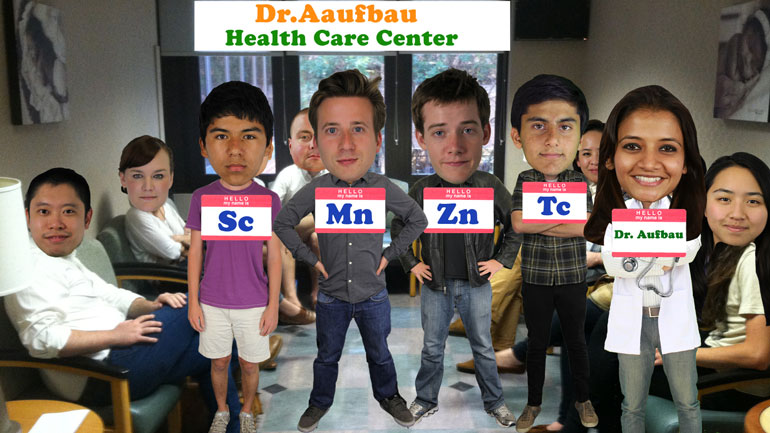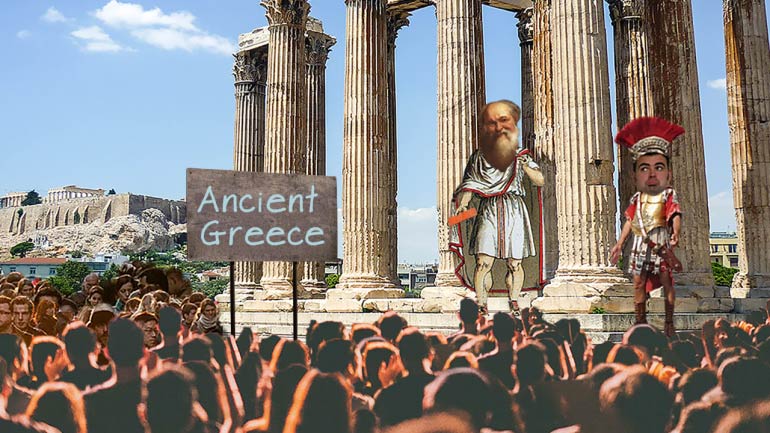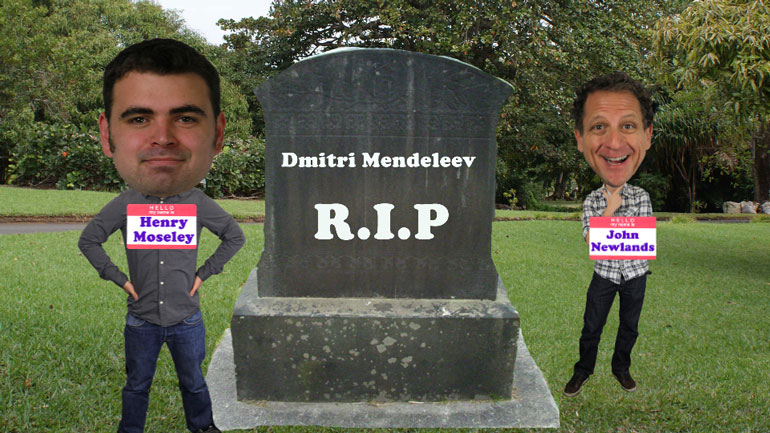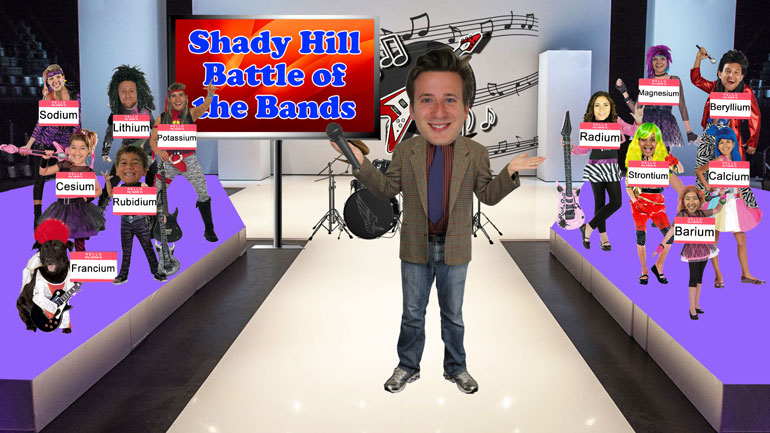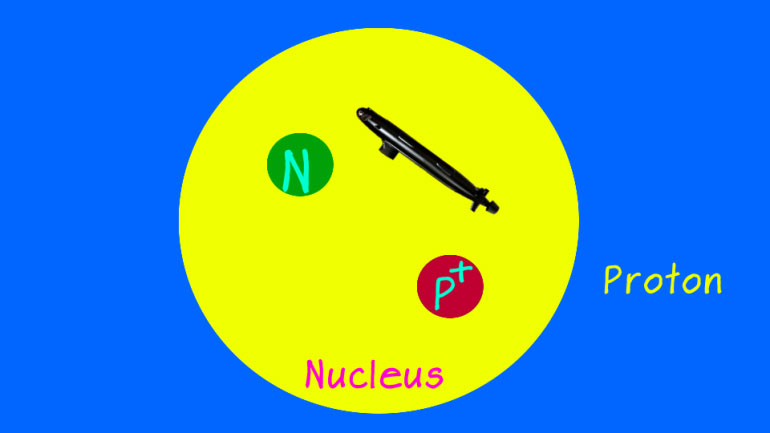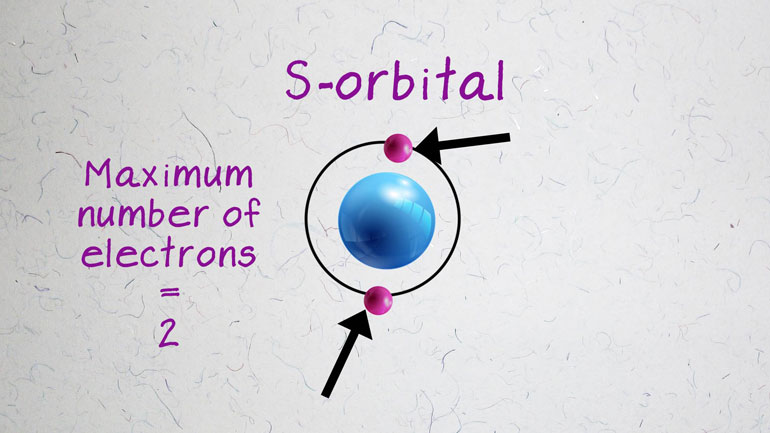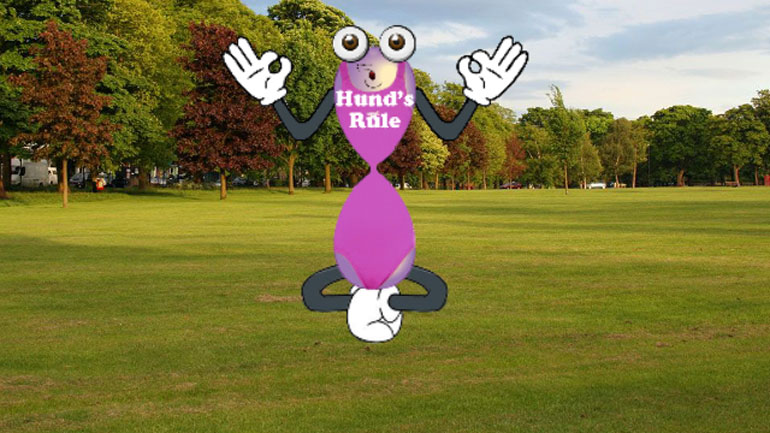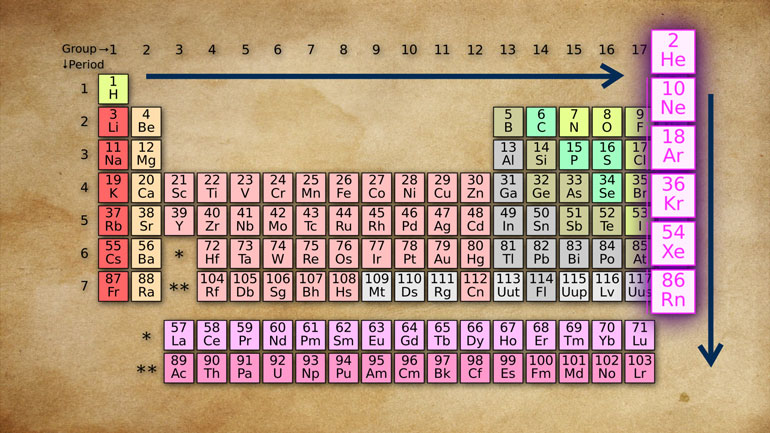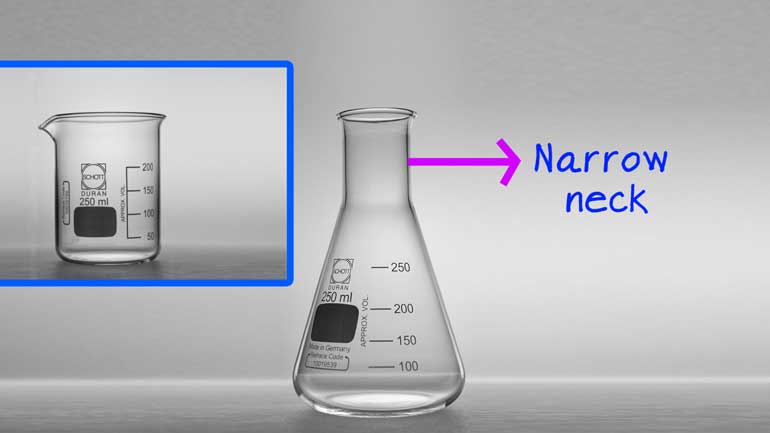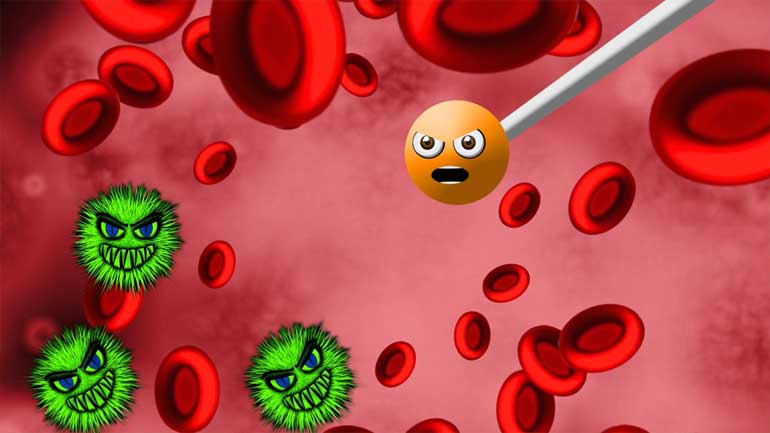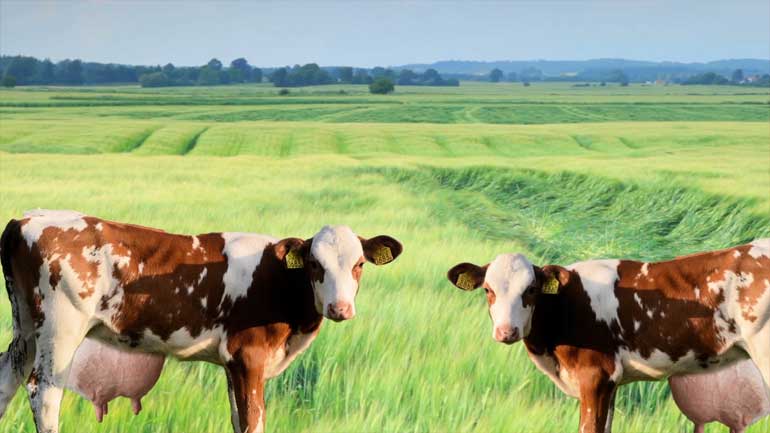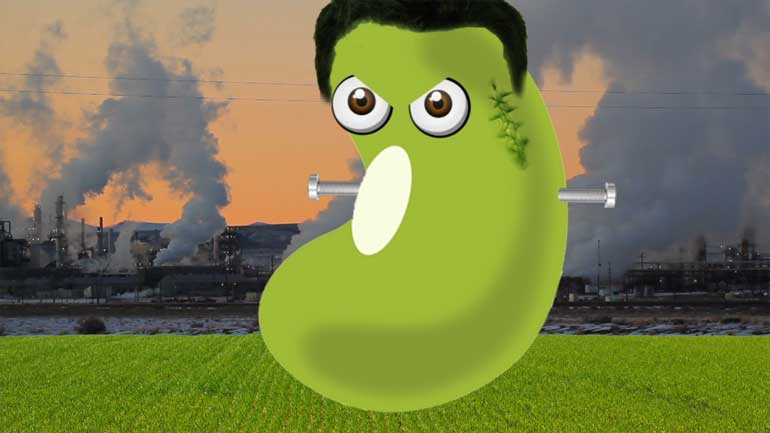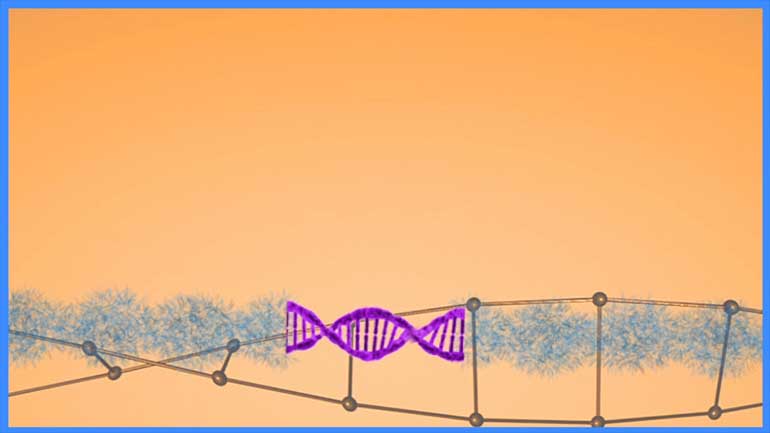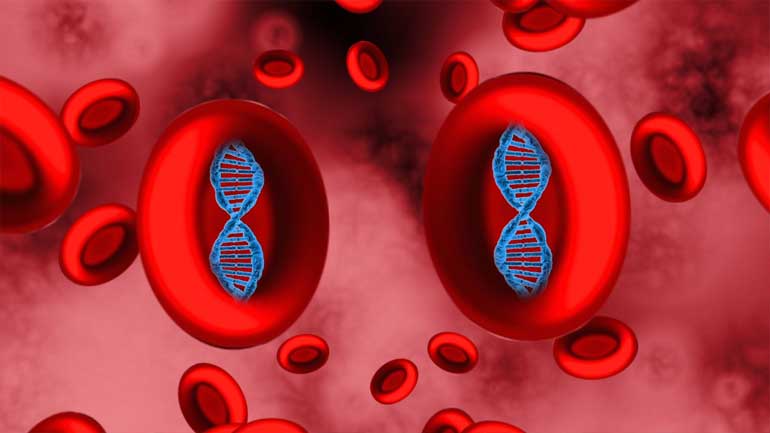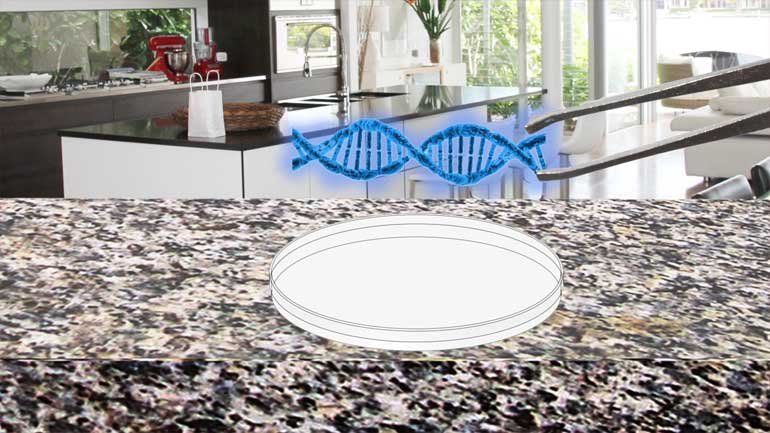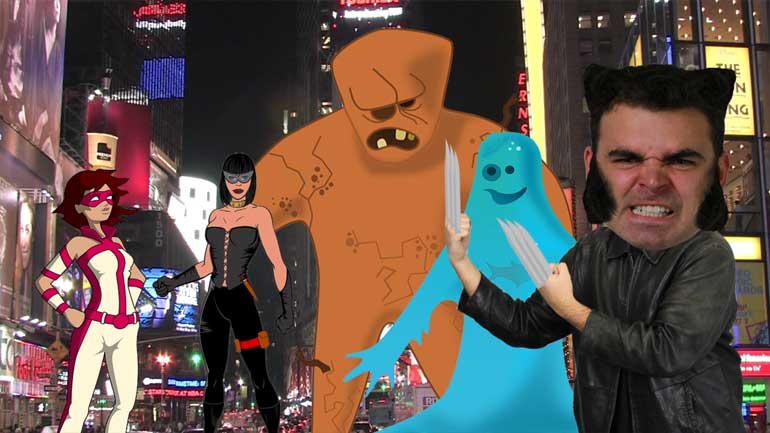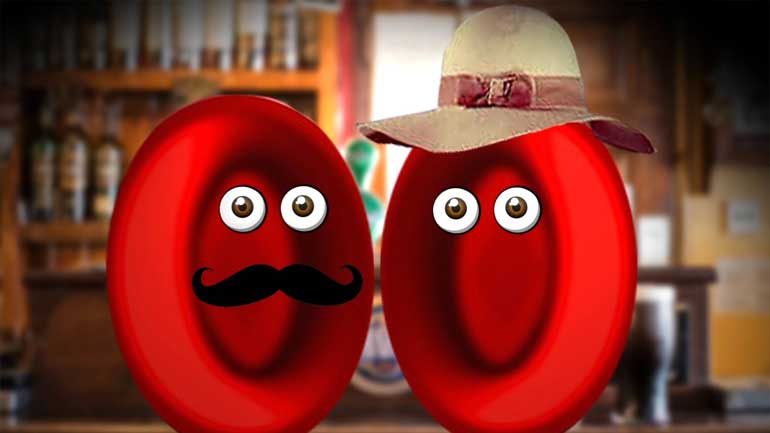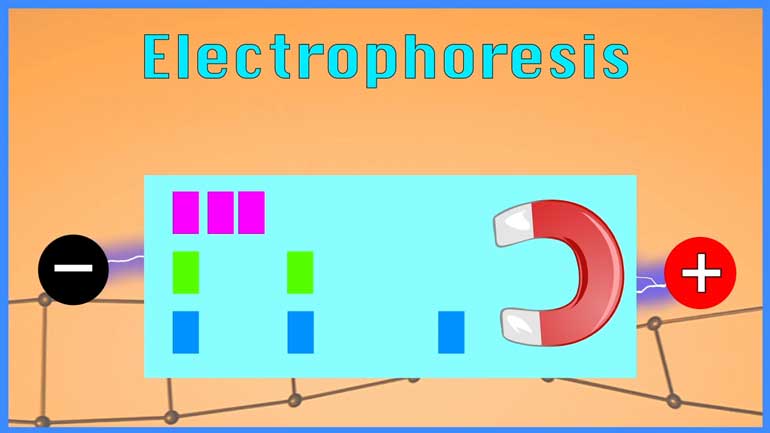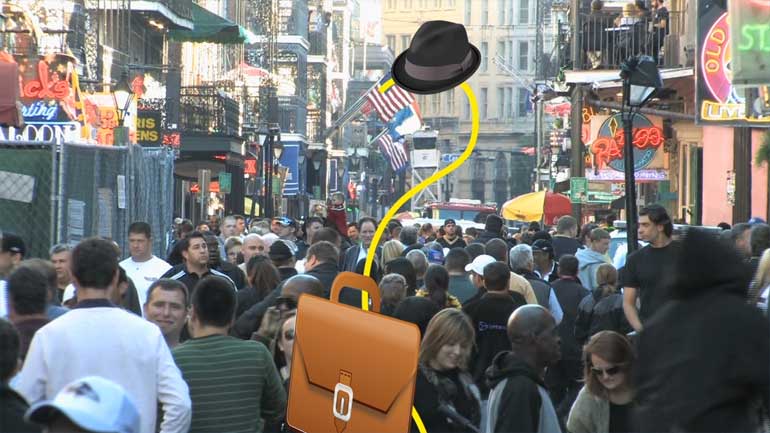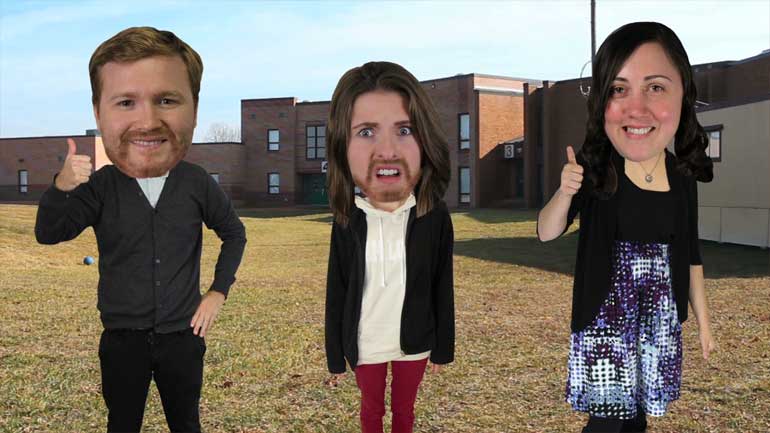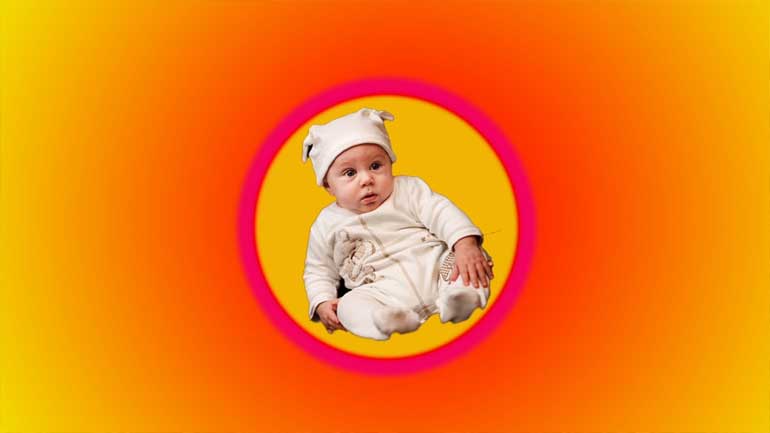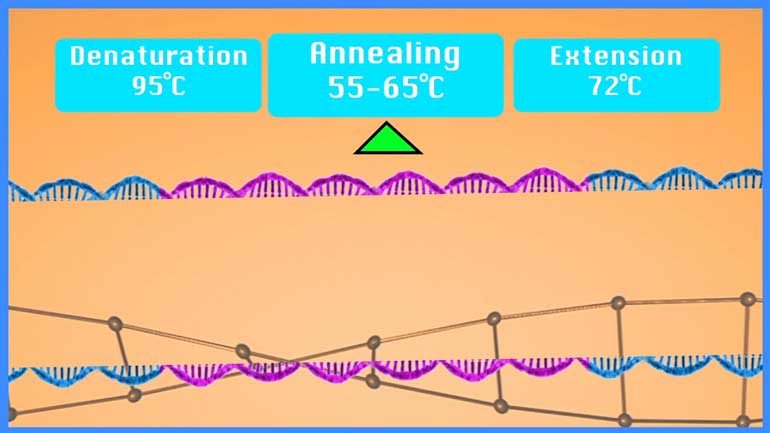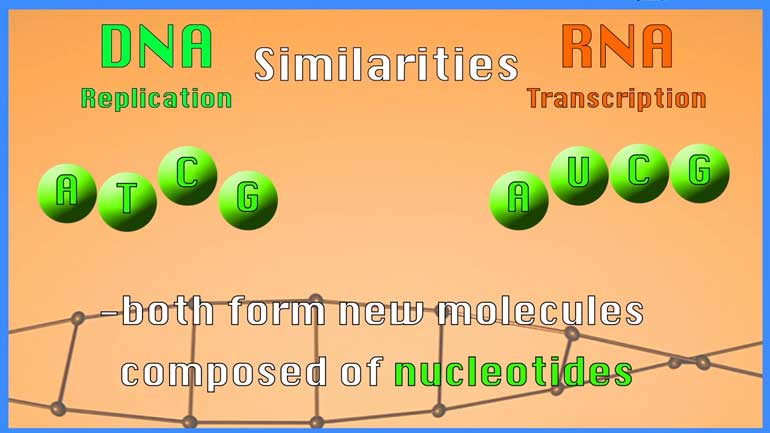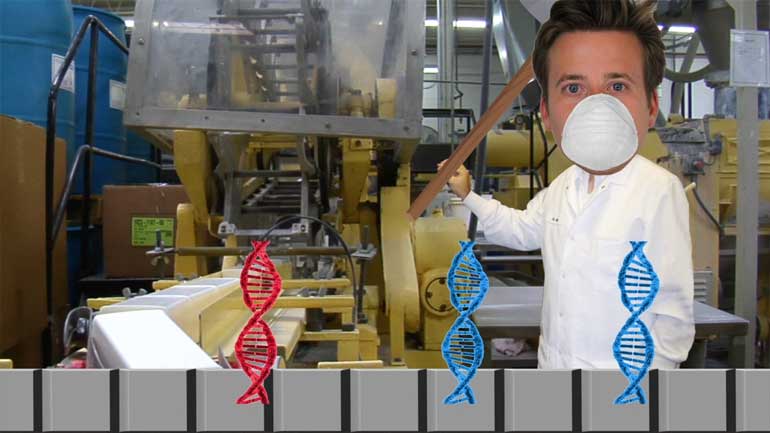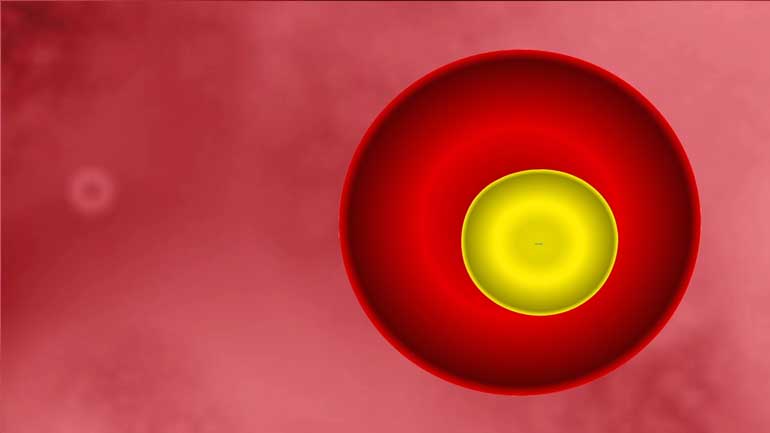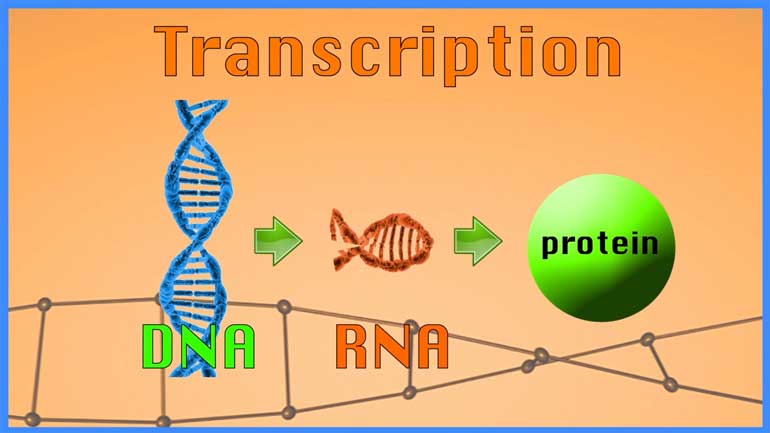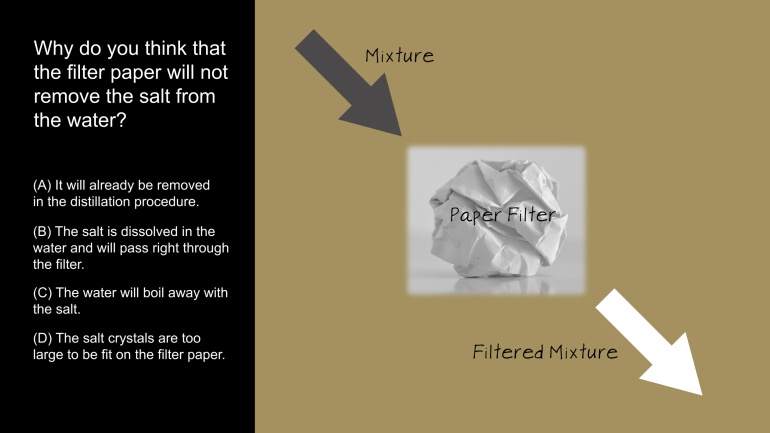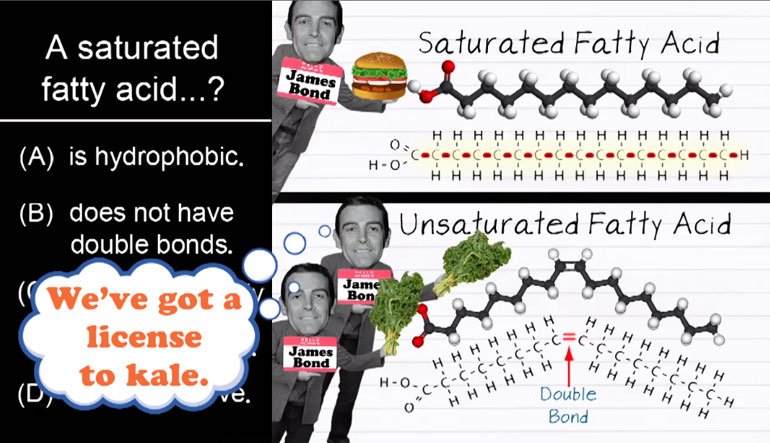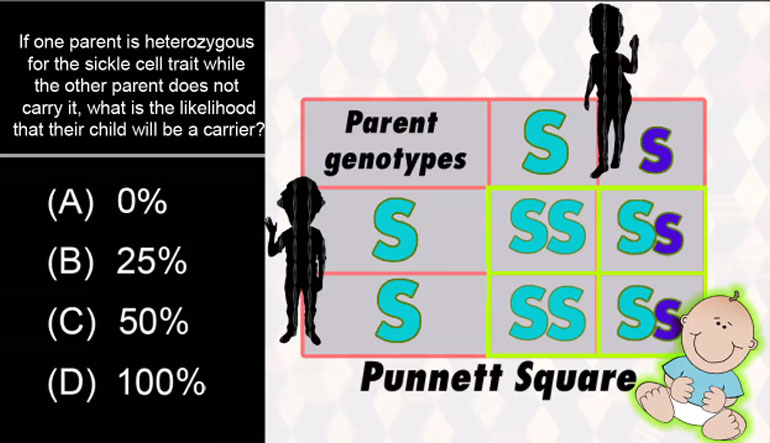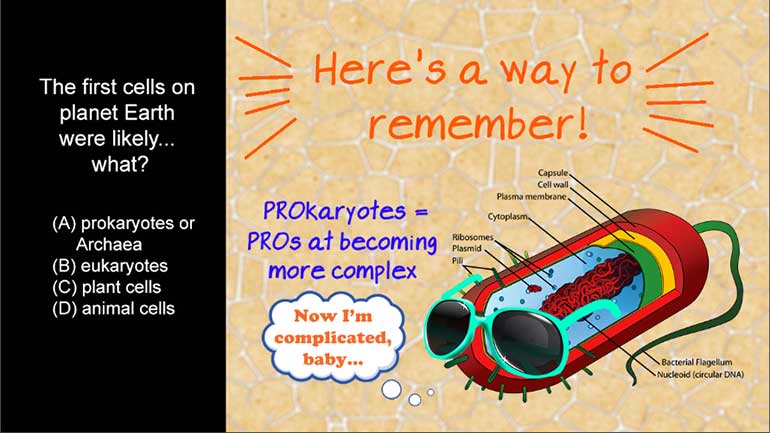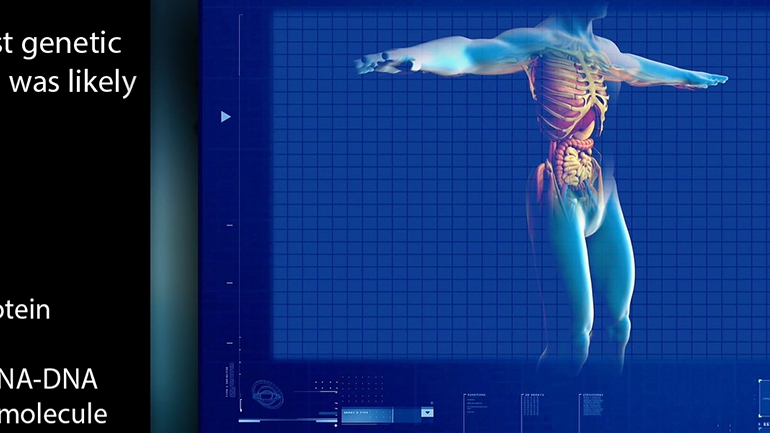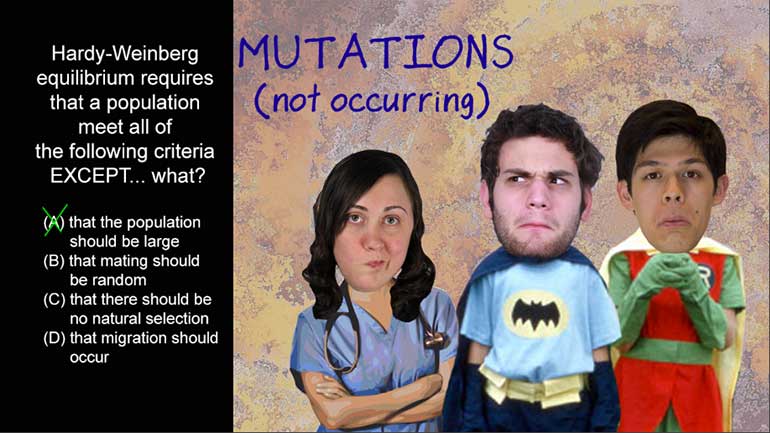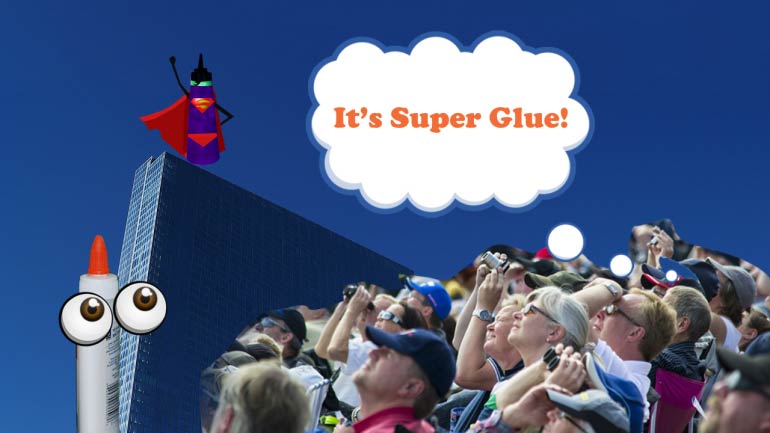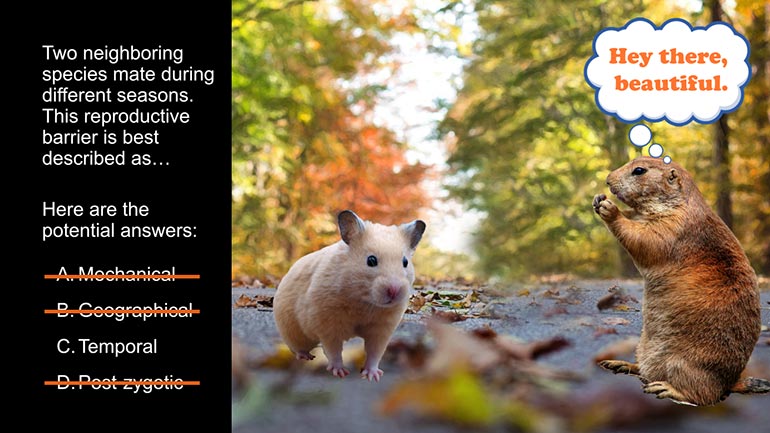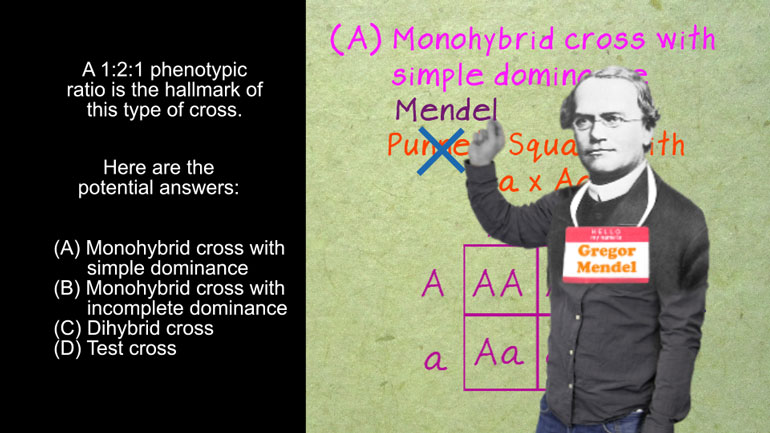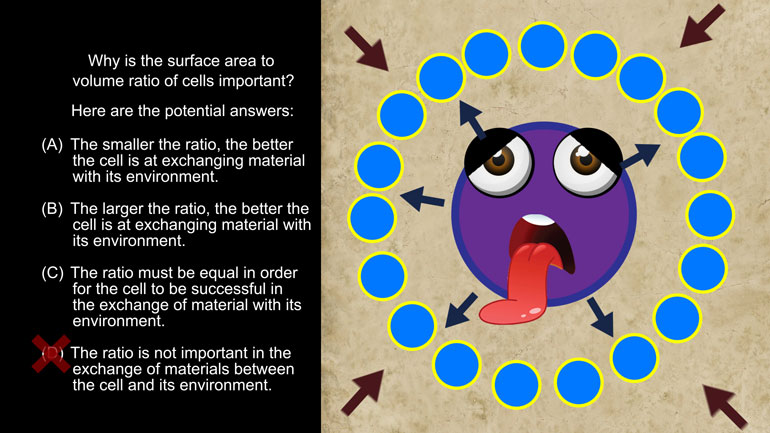ShmoopTube
Where Monty Python meets your 10th grade teacher.
Search Thousands of Shmoop Videos
Science Videos 686 videos
In this video, we dive beneath the sea to review the kinds of interesting animals that live in the deep blue.
Anything that has a cell (bacteria, listen up!) has phospholipids that keep the cell contained and give it form and shape. Phospholipids protect us...
Astronomy: What is a Quasar? 336 Views
Share It!
Description:
Check out this video to learn about Quasars and black holes. But don't stand too close...we've lost a few too many Shmoopers that way...
Check out this video to learn about Quasars and black holes. But don't stand too close...we've lost a few too many Shmoopers that way...
Transcript
- 00:01
We speak student!
- 00:03
Astronomy Part Seven
- 00:05
What is a Quasar?
- 00:08
[ bird caws ]
- 00:08
What is a quasar?
Full Transcript
- 00:11
A quasar is actually a black hole.
- 00:14
Oh.
- 00:14
It's just a black hole with a very cool environment
- 00:19
around it of all of this stuff that's kind of --
- 00:22
So, black holes, they rotate.
- 00:24
Most of them do.
- 00:25
And -- Everything in space rotates, right?
- 00:28
So they rotate. And when they do this, they --
- 00:31
They're sucking things in
- 00:33
and they're rotating,
- 00:34
and so you kind of get this cloud of debris --
- 00:36
this spinning cloud of debris
- 00:38
that forms around this.
- 00:40
And it's called an accretion disc,
- 00:41
because all of this stuff is accreting
- 00:43
onto the black hole.
- 00:44
And when this happens,
- 00:46
you can get a ton of energy
- 00:48
from stripping things apart
- 00:50
and the friction of things smashing into each other
- 00:54
and stuff like that.
- 00:55
And so these black holes,
- 00:57
which are actually totally dark,
- 00:59
have accretion discs around them
- 01:02
- that are the brightest objects in the Universe. - Hmm.
- 01:05
Wow. And they're bright just because
- 01:08
it's heat and compression
- 01:09
and it's just giving off the energy that then we see?
- 01:12
Yeah. If you can imagine
- 01:14
the Earth or something like that
- 01:17
being stripped apart,
- 01:19
how much friction and energy would be released
- 01:21
if you were to see that.
- 01:22
And that's kind of what's happening
- 01:25
with large portions of galaxies and stars and stuff like that
- 01:30
being swallowed up into this cosmic drain pool.
- 01:35
[ evil laugh ]
Related Videos
In this video, we dive beneath the sea to review the kinds of interesting animals that live in the deep blue.
Anything that has a cell (bacteria, listen up!) has phospholipids that keep the cell contained and give it form and shape. Phospholipids protect us...
GMOs. Now that’s a scary word. Or is it? Guess it’s time to ask ourselves: WWMST? ...For those of us who don’t constantly ask ourselves “wh...
